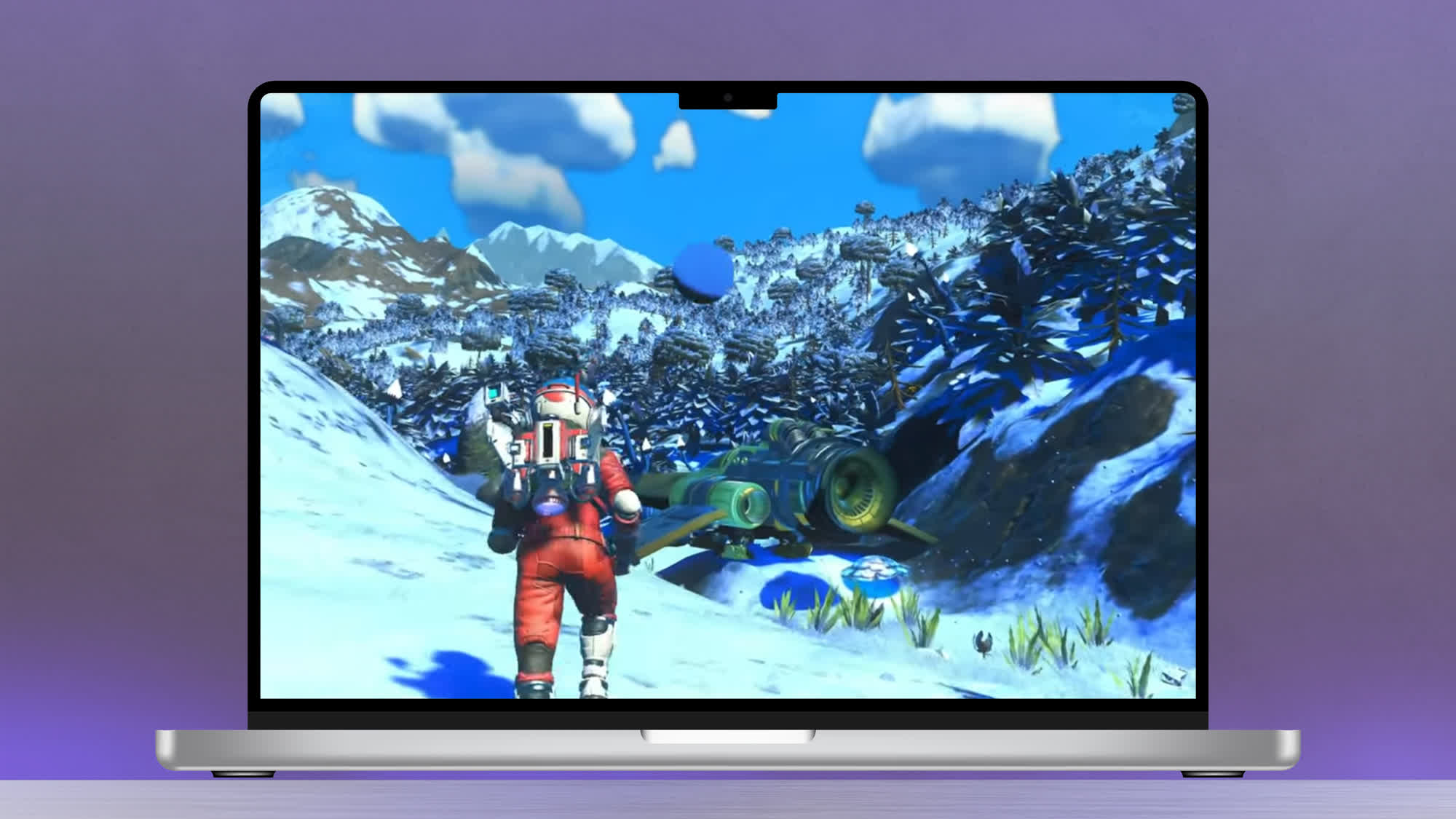Forward-looking: Apple has seemingly had enough with all the memes about the Mac platform being the joke of the PC gaming world rather than a proper entertainment machine. Cupertino is finally providing some new tools to developers, promoting a quicker evaluation of what's needed to port a game to macOS.

This year's WWDC brought some interesting news for gamers and game developers alike. And no, we're not talking about the impossibly expensive Vision Pro AR headset or some "interactive" AR gaming toy. This time, Apple is providing developers with a Game Porting Toolkit to make macOS gaming an actual business opportunity.
The new toolkit includes a compatibility layer which programmers, or even gamers, can use to run DirectX 12 games in a macOS environment. The toolkit's code is based on Proton, which is the Wine-based compatibility layer developed by Valve to run Windows games on Linux operating systems. It is also rooted in the source code of CodeWeavers' CrossOver, which is already developing its own compatibility layer to run DX 12 games on Mac.
The Game Porting Toolkit can translate x86 native code to the Apple Silicon platform, intercepting and converting API calls for 3D graphics to Mac's proprietary Metal API. Furthermore, the toolkit translates inputs, audio, networking and everything else that's needed to load a Windows game on Apple's new Arm-based chips. Running and enjoying said game with decent performance, however, is an entirely different matter.

Cupertino introduced its game toolkit as an evaluation tool for game developers, a quick and (somewhat) easy way to "just run" a Windows game on a Mac to see if the game can actually run, what the performance expectations are, and to determine what's needed to further optimize the experience and actually sell the game to end users. The Game Porting Toolkit can also convert existing (Windows) GPU shaders to the Metal API through a dedicated Metal Shader Converter.
The Game Porting Toolkit is an evaluation environment first and foremost, but users are already employing the tool to try and run the latest Windows games on their Arm Macs.
Users on Reddit have tried Apple's official compatibility layer to load Cyberpunk 2077 on an M1 MacBook, Diablo IV on an M1 Max MacBook Pro, and Hogwarts Legacy on an M2 Max. The experience isn't exactly lightning-fast or bug-free, but these first results of the newly released Game Porting Toolkit look promising to say the least.
https://www.techspot.com/news/99012-apple-has-new-porting-toolkit-run-directx-12.html